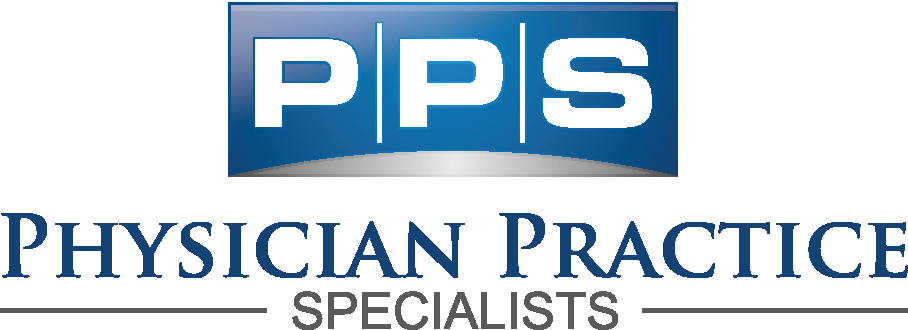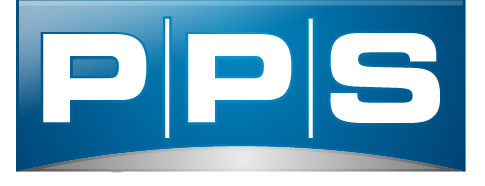Healthcare revenue cycle management (RCM) is a comprehensive process that healthcare organizations employ to manage the financial aspects of patient care, from when a patient schedules an appointment to the final payment for services rendered. You can learn more about RCM and how it relates to your practice from the revenue cycle management consulting specialists at Physician Practice Specialists. Here’s more information about healthcare RCM:
Understanding the Healthcare Revenue Cycle
The healthcare revenue cycle can be conceptualized as the entire financial lifecycle of a patient’s interaction with a healthcare organization. It encompasses numerous stages, from the initial scheduling of an appointment to the final payment collection. You can learn more about the procedure with a team of revenue cycle management consulting professionals. Let’s break down the components of the healthcare revenue cycle:
Patient Pre-registration and Scheduling
The revenue cycle begins when a patient schedules an appointment with a healthcare provider. At this stage, the healthcare organization collects patient information, verifies insurance coverage, and confirms demographic details.
Upon arrival at the healthcare facility, the patient undergoes the registration process. The patient’s identity is verified during registration, and any demographic or insurance information changes are updated. Accurate registration makes sure claims are submitted correctly to the insurance provider.
Eligibility Verification
Before providing services, healthcare providers verify the patient’s insurance eligibility and coverage. This step helps prevent denials and confirms that services are authorized and covered.
Point of Care
Services are rendered to the patient during this stage, which includes consultations, treatments, and medical procedures. Healthcare providers need to document services accurately and promptly to facilitate billing.
Claims Generation and Submission
After the point of care, healthcare organizations generate claims based on the services provided. These claims are submitted to the patient’s insurance company for reimbursement. The accuracy and completeness of these claims avoid denials and delays in payment.
Claims Adjudication
Insurance companies review and process the submitted claims during the adjudication phase. This involves verifying the medical necessity of services, applying coverage rules, and calculating reimbursements. Denials or partial payments may occur during this phase and necessitate further follow-up.
Accounts Receivable Management
Accounts receivable management involves tracking and managing outstanding claims and patient balances. Healthcare organizations must actively pursue unpaid claims and patient payments to optimize revenue.
Patient Billing and Collections
Patient billing is the process of invoicing patients for their portion of the healthcare costs after insurance reimbursement. This may include deductibles, copayments, and coinsurance. Effective patient billing and collections processes help reduce debt and increase revenue.
Payment Posting
Payment posting involves accurately recording payments received from insurance companies and patients. This step confirms that the organization’s financial records are up-to-date and accurate.
Denial Management and Appeals
Denial management is the process of addressing and resolving denied claims. Healthcare organizations review denials, identify reasons for rejection, and submit appeals when appropriate to recover revenue.
The Benefits of Healthcare Revenue Cycle Management
Implementing effective Revenue Cycle Management offers several benefits for healthcare organizations and patients alike:
Enhanced Cash Flow
Efficient RCM processes lead to faster reimbursement and improved cash flow for healthcare providers. This allows organizations to manage expenses better, invest in technology, and provide high-quality care.
Reduced Billing Errors
RCM systems help reduce billing errors by automating many manual processes in claim submission and verification. This leads to fewer denials and rejections. Physician Practice Specialists provide access to the most recent information and tools, helping your business stay up-to-date.
Improved Patient Experience
Efficient RCM practices also benefit patients. Simplified billing processes, clear communication about financial responsibilities, and quicker claim processing contribute to a more positive patient experience.
Data Analytics and Insights
RCM systems often include analytics tools that provide insights into financial performance. This data can inform decision-making, identify areas for improvement, and help healthcare organizations adapt to changing market dynamics.
Revenue Cycle Management Consulting For You
Healthcare professionals can concentrate on their patients and care with Physician Practice Specialists (PPS). Utilize PPS’s billing and credentialing services to safeguard your patients and healthcare professionals. We can streamline your billing and insurance procedure by assisting with credentialing and consulting services. Contact us today for a free consultation.


